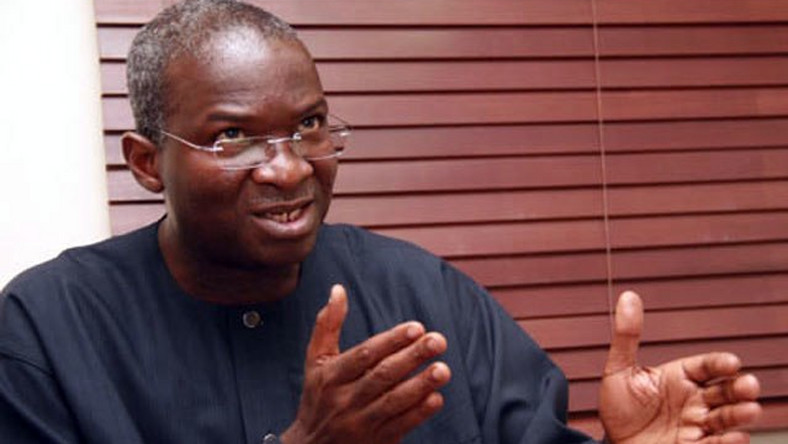One sector of the Nigerian economy that has experienced rapid growth despite facing several challenges is the real estate sector.
Even in the face of a recent economic downturn, the sector has been developing in leaps and bounds with several buildings springing up, most especially in new locations predicted to become prime destinations in Lagos, Abuja and Port Harcourt.
Nigeria’s real estate sector is one of Africa’s greatest potential while also representing the continent as a major competitive player in the global real estate market, thus appealing to investors as a destination for investment.
Despite the expansion, the growth being experienced is far from solving the over 22 million housing deficit experienced in the country.
This comes in a time where the emerging middle class of the economy is seeking affordable housing in a clean and decent environment, which is far from the country’s present reality.
The stabilisation of the market claimed by an investment analysis report published by Global Property Guide can be argued to be relative. This is because the growth experienced in the real estate market, according to the report, favours mostly the highbrow areas like Ikoyi that experienced a growth of 20%, followed by a 12% growth in Ibeju Lekki while areas like Ajah, Gbagada, Surulere and Yaba were relatively steady in the prices of property.
Guess what, areas Ikorodu, Alimosho and Isolo experienced a decline. Reasons for this decline in lowbrow areas are simple: they are connected to issues yet to be addressed by the government. Issues like poor infrastructure, bad roads, traffic and congestion, poor planning and development alongside other pertinent issues that have served as hindrances to such areas
Therefore, if Nigeria must solve its housing deficit issues, it must look at the issues holistically and develop concrete plans that will address basic needs that will promote equal growth in all its urban locations.
It is only normal for investors to purchase property in areas where there is good road connectivity, proper urban planning and development, etc.
This is the reason the gap between the poor and the rich in Nigeria keeps widening because even a child that is born today can tell you areas that are meant for the rich.
Sadly, some areas that experienced a decline in house price used to be seen as highbrow areas back in the days.
However, the Nigerian system is such that when there is a new location that the government is paying attention to, the affluent and well-to-do immediately move out from where they reside to the new location.
Areas like Isolo, Ikeja, Ogudu, and Ilupeju used to be regarded as highbrow; sadly, not anymore because the roads in these areas are now very bad that people experience terrible traffic almost on a daily basis. There are now encroachment and shanties in those areas with people hawking all over the place. This was not how it was before now.
As long as the government is not paying attention to these issues, it is not creating an enabling environment to have an emerging middle class like in most western economies.
The model should be such that when the affluent staying in those areas choose to move to a new location, the old locations should not be abandoned but maintained and adapted for the emerging middle class. And such areas should be well-maintained even as the government is making sure the needed infrastructure is in place.
There is nothing wrong with the government focusing on Lekki, and its environs. But I can boldly tell you that every new project, plan or infrastructure is being cited in new locations like Lekki and its environs leaving other old locations to bare.
The Lagos State Governor, Babajide Sanwo-Olu recently signed a $629m facility to complete the Lekki Deep Seaport, which is very good. But, let us ask some important questions like:
On completion of the Lekki Deep Seaport, what will be the fate of the Apapa port?
What plans does the government have on improving the state of Apapa port, from road connectivity to decongestion and improving its infrastructure?
Why can’t the government evenly distribute the important projects across the state and not just focus on one area?

What plans does the government have in making sure that the emerging middle class whether being a government or a private-sector worker have access to mortgage financing?
Why is the government not investing in building affordable housing themselves just like it is done in the western world?
Everyone is happy about the proposed increased budgetary allocation for housing and infrastructure. Have we asked if the government has any visible plans on the ground to make sure the increased allocation affects the lives of low-income earners and the middle class?
There are so many other questions and important issues that need answers if the government wants to solve the housing deficit in the country. Right now, all the government’s attention is on new locations and that cannot help the country.
Source: Punchng




